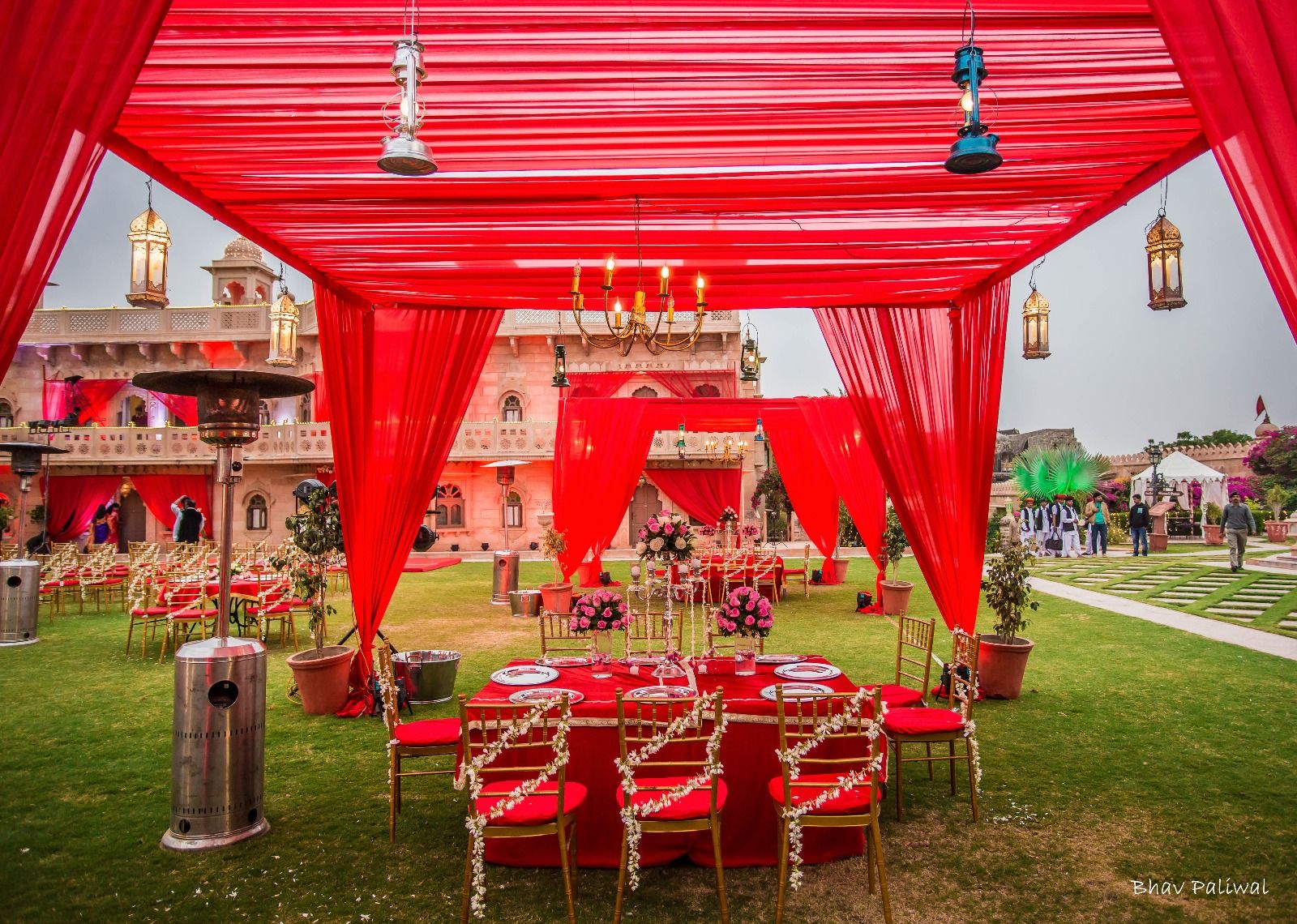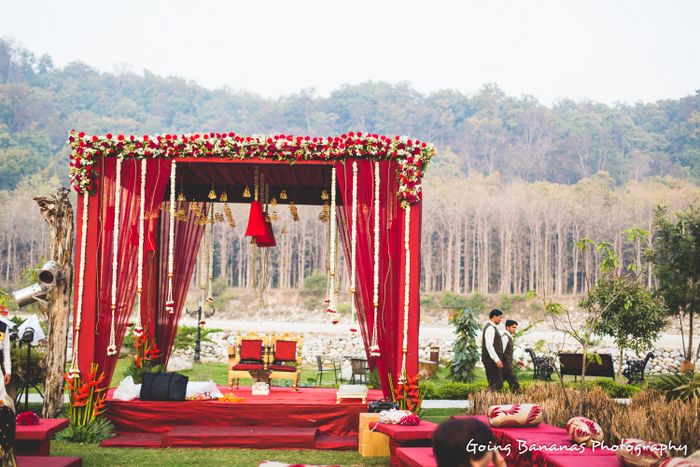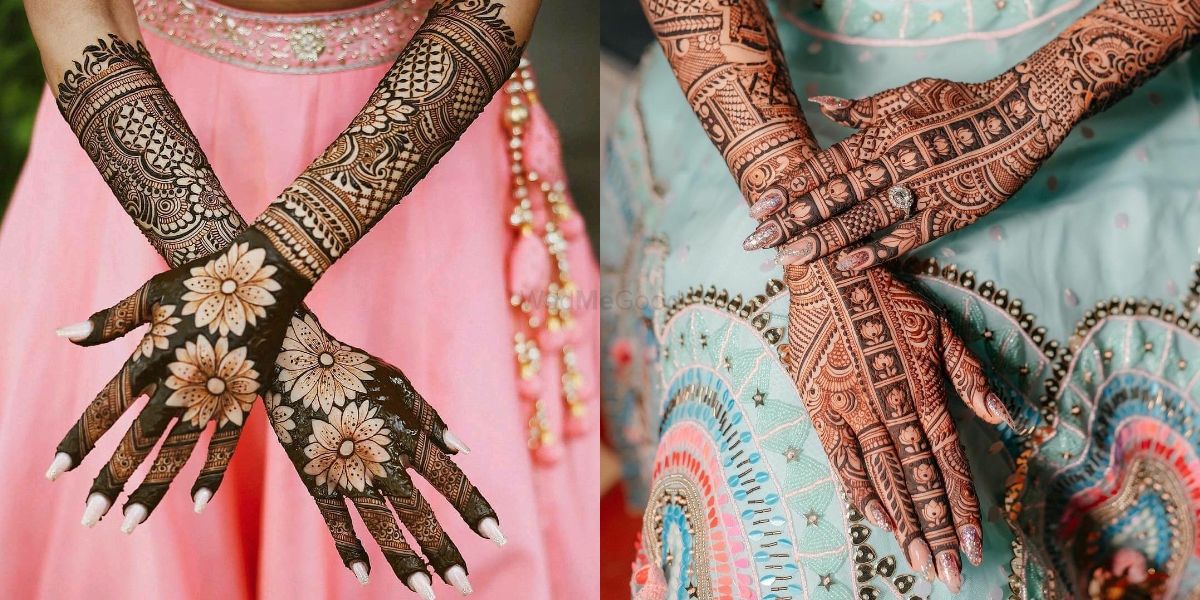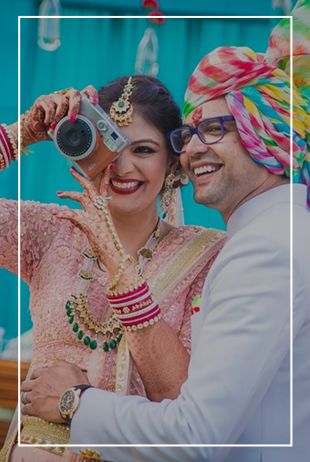Legal Stuff to Take Care of Right After the Wedding : The deets on registrations & more!
BY The WMG Bride | 19 Sep, 2015 | 5483 views | 5 min read
Something tells us, it doesn’t just end at the pheras. You may have testified your love and commitment in front of the pious fire, the pandit, a hundred family members, and of course, God. Convincing the Indian judicial system, however, is a different ballgame altogether. A slew of documents, passport-size photographs, and multiple identity and residence proofs later, you’re rewarded with a document that is the ultimate authority on your life as a married man or woman.
 So, as soon as you’re back from your honeymoon, spare a couple more days to carry out the necessary formalities in order to validate your holy matrimony. To save you the time and energy, here goes an account of what all you’re required to do:
So, as soon as you’re back from your honeymoon, spare a couple more days to carry out the necessary formalities in order to validate your holy matrimony. To save you the time and energy, here goes an account of what all you’re required to do:

 So, as soon as you’re back from your honeymoon, spare a couple more days to carry out the necessary formalities in order to validate your holy matrimony. To save you the time and energy, here goes an account of what all you’re required to do:
So, as soon as you’re back from your honeymoon, spare a couple more days to carry out the necessary formalities in order to validate your holy matrimony. To save you the time and energy, here goes an account of what all you’re required to do:
1. Registration Of The Marriage
Marriages in India are registered under two acts, viz. The Hindu Marriage Act, 1955 or The Special Marriage Act, 1954. The Hindu Marriage Act entails cases where both the husband and the wife are Hindus, Sikhs, Buddhists, or Jains. The Special Marriage Act, on the other hand, is applicable to cases where both the husband and wife are non-Hindus, Buddhists, Jains or Sikhs. This act also deals with special cases such as an Indian married to a foreigner. Application Procedure- Start by applying to either the sub-registrar under whose jurisdiction you had your wedding, or the place where you or your partner stayed for at least 6 months before the wedding took place.
- You will be required to fill up an application form at the office on the same day, duly signed by both you and your partner. The application form is accompanied by photocopies of identity and residential proofs, enlisted below. Note that, all documents must be attested by a gazetted officer.
- Once the documents are assembled, the couple is required to pay a registration fee at the cashier, the receipt of which must be attached to the application form.
- All documents are required to be submitted and verified, after which, the officer will assign a registration date when you can come back and collect you issued marriage certificate.
- The procedure for registering a marriage under the Special Marriage Act is more or less the same, however, is a little more time-consuming. Under this act, the couple is required to give a month’s prior notice to the sub-registrar. For details on the registration, click here.

Picture Courtesy: 2 Fireflies One Camera
2. Name Change (Only if you are planning to do this)
If only it were as simple as changing your name on Facebook! Changing your last name legally after marriage is a tedious process as you’d be required to alter all financial and identity documents, and go through the application procedure all over again. Most women nowadays don't do it and that's great too. But if you want to add his name to yours, here's the drill. Registration:- First and foremost, obtain the marriage certificate, as it would act as a proof of your marriage once you start applying for a name change across varied sectors.
- Start by updating your PAN card; the procedure of which is fairly simple. You’ll be required to re-apply for a new PAN card, only this time, you can retain the previous number on it. The new PAN card that you receive will have your new name with the old number.
- Next comes the passport, wherein, you need to re-issue your passport under your new name. You’d be required to submit your marriage certificate, previous passport, a copy of your husband’s passport, and other basic identity and residential proofs.
- Last, but not the least, update all your bank accounts, especially if you have altered all proofs of identity with your new name. This includes a change in the name of all your bank accounts, loans, insurances, policies and investments.













-transformed.jpeg)




